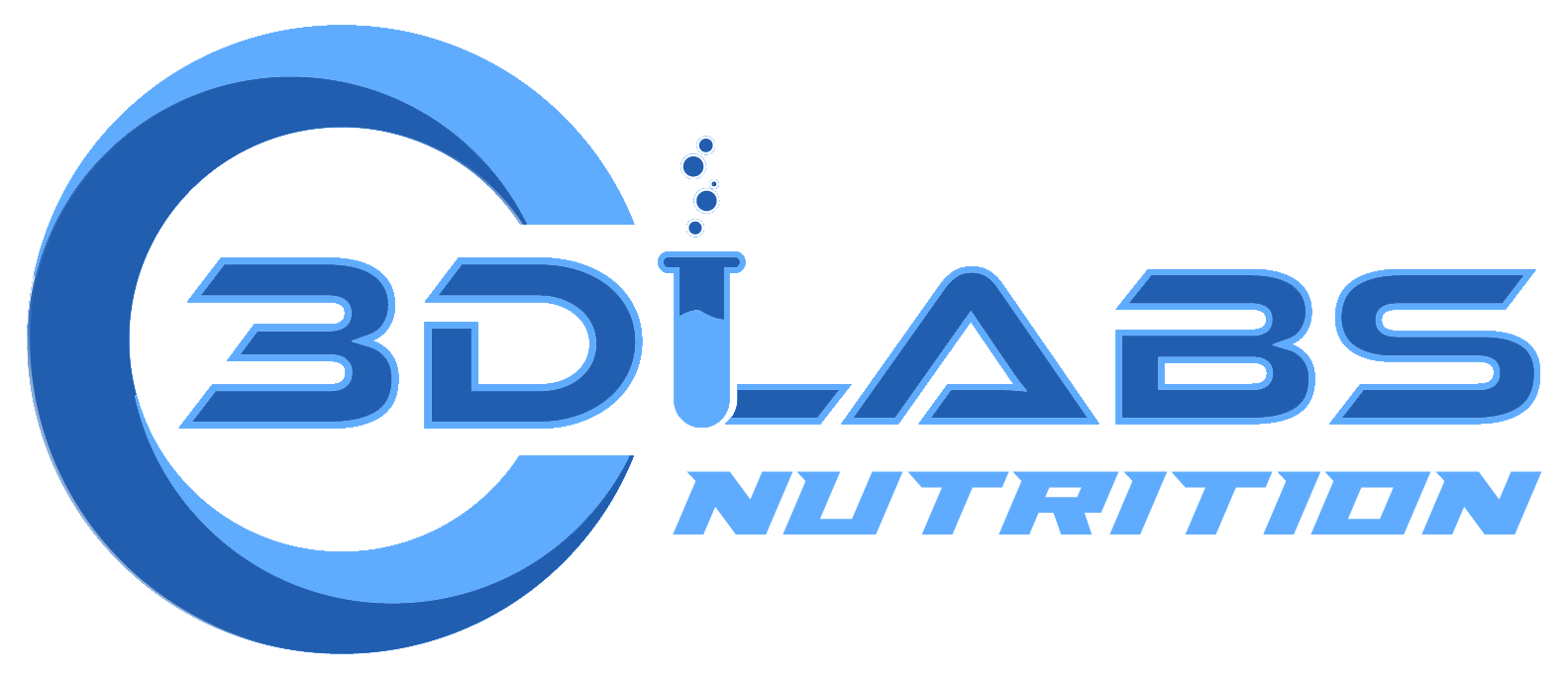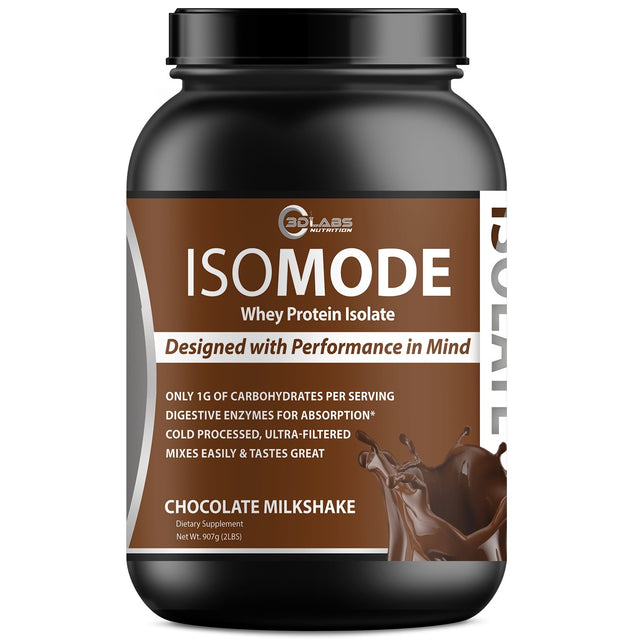On-the-Go Wellness: Simplified Strategies for Busy Lifestyles
On-the-Go Wellness: Simplified Strategies for Busy Lifestyles
In the whirlwind of modern life, managing weight effectively can often take a back seat. With packed schedules and the allure of fast, convenient food, finding time for weight management is a challenge. Yet, it's essential for our health and well-being.
This article is tailored for those juggling busy lifestyles. It offers concise, practical strategies for weight management that fit into your daily routine. From quick, nutritious meal plans to efficient exercise routines, we focus on realistic approaches for the time-pressed individual. Additionally, we'll explore how technology, mindful eating, and stress management play pivotal roles in maintaining a healthy weight.
Embrace this journey with us as we provide quick and effective tips for a healthier, more balanced lifestyle, designed with your time constraints in mind.
Understanding the Importance of Weight Management
Understanding the importance of weight management is crucial in today's health-conscious world. A healthy weight is not just about appearance; it's fundamentally linked to overall physical health, mental well-being, and quality of life. Maintaining a balanced weight reduces the risk of numerous chronic diseases such as diabetes, heart disease, and certain cancers. It also plays a significant role in managing blood pressure and cholesterol levels.
Moreover, a healthy weight contributes to increased energy levels, better mobility, and improved mood and self-esteem. It's not solely about the number on the scale; it's about nurturing a body that can support and sustain a vibrant, active life. This holistic approach to weight management acknowledges that every individual has unique needs and goals, and it's about finding a balance that works for you and your lifestyle.
In essence, understanding and prioritizing weight management is a step towards not only prolonging your life but enhancing its quality. It's an investment in your future self, ensuring that you can enjoy life's moments to their fullest, unencumbered by preventable health issues.
Strategic Nutrition for the Time-Pressed Individual
Strategic nutrition is key for busy individuals seeking effective weight management. The essence of strategic nutrition lies in choosing nutrient-dense foods that offer the maximum health benefits without consuming much time. This means prioritizing whole foods like fruits, vegetables, lean proteins, and whole grains that provide essential vitamins, minerals, and fiber.
Planning is also crucial; having a weekly meal plan can prevent last-minute, less healthy choices. Opt for simple, quick-to-prepare meals and consider batch cooking or healthy meal-prepping on weekends.
Remember, strategic nutrition isn't about strict diets; it's about making smarter food choices that fit into your hectic schedule while contributing to your overall health.
Time-Efficient Exercise Options
Time-efficient exercise options are crucial for those with busy schedules looking to maintain a healthy weight. High-Intensity Interval Training (HIIT) is a perfect example, offering maximum benefits in minimal time. These short bursts of intense activity followed by brief rest periods can significantly boost metabolism and improve cardiovascular health.
Similarly, incorporating exercises like brisk walking, cycling, or even short home-based workouts into your daily routine can be effective. The key is consistency and intensity rather than duration.
By choosing activities that you enjoy and can easily fit into your day, you're more likely to stick with them, making your weight management journey both effective and enjoyable.
Leveraging Technology for Weight Management
Leveraging technology can be a game-changer in the realm of weight management, especially for those with demanding schedules. In today's digital age, a plethora of apps and devices are at our fingertips, offering customized solutions to track and manage our health goals. Fitness trackers and smartwatches monitor physical activity, sleep patterns, and even heart rate, providing valuable insights into our daily habits.
Nutritional apps simplify meal planning and calorie counting, making it easier to adhere to dietary goals. Additionally, online platforms and communities offer support and motivation, creating a sense of accountability.
By integrating these technological tools into our routines, we can enhance our approach to weight management, making it more efficient, interactive, and tailored to our individual needs.
The Role of Mindful Eating and Lifestyle Choices
The role of mindful eating and conscious lifestyle choices is pivotal in effective weight management. Mindful eating is about being present and fully engaged with the eating experience, appreciating flavors, and listening to your body's hunger and fullness cues. It encourages a non-judgmental awareness of physical and emotional sensations associated with eating, which helps in avoiding mindless snacking and overeating.
Incorporating mindful lifestyle choices extends beyond diet. It involves selecting activities that promote overall well-being, like opting for stairs over elevators or choosing to walk for short errands. It's about creating an environment that supports health goals, such as keeping healthy snacks within reach or setting regular reminders to move or drink water.
These conscious choices, coupled with mindful eating, forge a path toward a balanced and sustainable approach to weight management.
Sleep and Stress Management: The Hidden Keys to Weight Control
Sleep and stress management are often overlooked but are critical elements in the puzzle of weight control. Adequate, quality sleep is essential for regulating hormones that control appetite and metabolism. Lack of sleep can lead to increased hunger and cravings for unhealthy foods, making weight management more challenging.
On the flip side, managing stress effectively is equally important. Chronic stress can trigger stress eating and the release of cortisol, a hormone that can promote weight gain, especially around the midsection.
Incorporating relaxation techniques such as meditation, deep breathing exercises, or yoga can greatly aid in stress reduction. Establishing a regular, relaxing bedtime routine and ensuring a sleep-conducive environment are key steps towards improving sleep quality.
By addressing these two 'hidden keys,' individuals can significantly enhance their weight control efforts, fostering a healthier balance in their overall lifestyle.
Staying Hydrated: Simple Yet Effective
Staying hydrated is a simple yet remarkably effective strategy in weight management. Water plays a vital role in numerous bodily functions, including metabolism and the digestion process. It aids in the feeling of fullness, which can help reduce overeating. Often, we mistake thirst for hunger, leading to unnecessary snacking. By ensuring adequate water intake, we can better discern true hunger cues.
Furthermore, choosing water over high-calorie, sugary beverages contributes significantly to calorie control. Incorporating habits like starting the day with a glass of water, carrying a reusable water bottle, or drinking a glass of water before meals can seamlessly boost hydration.
Hydration is not just about quenching thirst; it's an easy and effective tool for maintaining a healthy weight and improving overall health.
Building and Leveraging a Support System
Building and leveraging a support system is a crucial aspect of successful weight management. Embarking on a weight loss journey can be challenging, and having a network of supportive individuals can make a significant difference. This support can come from family, friends, fitness groups, or online communities. Sharing goals, struggles, and successes with others creates a sense of accountability and motivation. It's also an opportunity to exchange tips, healthy recipes, or workout ideas.
Moreover, a support system provides emotional support, essential during setbacks or plateaus in weight management. Encouragement from others helps in maintaining focus and perseverance. Additionally, engaging in group activities like group exercise classes or cooking sessions can make the journey enjoyable and less isolating. A robust support system not only assists in achieving weight goals but also contributes to sustaining a healthy lifestyle in the long term.
Regular Health Assessments: Tracking Your Progress
Regular health assessments play a vital role in tracking progress and fine-tuning strategies for effective weight management. These assessments go beyond just monitoring weight; they provide a comprehensive view of one's overall health status.
Routine check-ups can include measurements like body mass index (BMI), body fat percentage, and waist circumference, offering insights into the body's composition and health risks. Blood tests to check cholesterol, blood sugar, and other markers can reveal the impact of dietary and lifestyle choices on internal health.
Moreover, regular assessments provide an opportunity for professional guidance from healthcare providers. They can offer personalized advice, identify potential issues early, and help set realistic goals.
This continuous monitoring and feedback loop is essential for making informed decisions and adjustments to one's weight management plan, ensuring a healthier and more sustainable journey toward fitness goals.
Cultivating Sustainable Habits for Long-Term Success
Cultivating sustainable habits is the cornerstone of long-term success in weight management. It involves moving beyond short-term diets and embracing changes that can be maintained over a lifetime. Key to this is setting realistic, achievable goals and integrating small changes gradually into daily routines. For instance, replacing sugary drinks with water, incorporating more vegetables into meals, or establishing a consistent exercise schedule.
Consistency is more important than intensity; habits should fit comfortably into one's lifestyle to be sustainable. Mindset also plays a critical role. Viewing these changes as positive lifestyle enhancements rather than restrictions can foster a more positive and lasting relationship with food and exercise. Celebrating small victories and being patient with the process is essential, as sustainable habits take time to establish. Ultimately, these habits form the foundation of a healthy lifestyle, leading to enduring weight management and overall well-being.
As You Can See
Effective weight management in a busy lifestyle is attainable through a combination of strategic nutrition, efficient exercise, technological assistance, mindful practices, adequate sleep, stress management, staying hydrated, and regular health assessments. Building a supportive community and cultivating sustainable habits further enhance this journey. Remember, the goal is not just about losing weight; it's about gaining a healthier, more fulfilling life.
We encourage you to take the first step today. Choose one or two tips from this article and integrate them into your routine. Share your journey with others, seek support when needed, and most importantly, be patient with yourself. For more resources and guidance, visit our website and join our community. Together, let's embark on a path towards a healthier, more balanced lifestyle.
Always Remember...
We would love to hear your thoughts on this, or any other article we write, so please, drop us your comments, ideas, input, and suggestions in the comments below.
And, by all means, if you think anyone in your world might like something we write, use the share buttons below to help us spread the word!
Until next time...PROGRESS, not PERFECTION!
Don't forget, always consult your physician before making any changes to your diet or exercise regimen.
Live a 3D Life...Decisions Determine Destinations!








0 Comments
There are no comments for this article. Be the first one to leave a message!